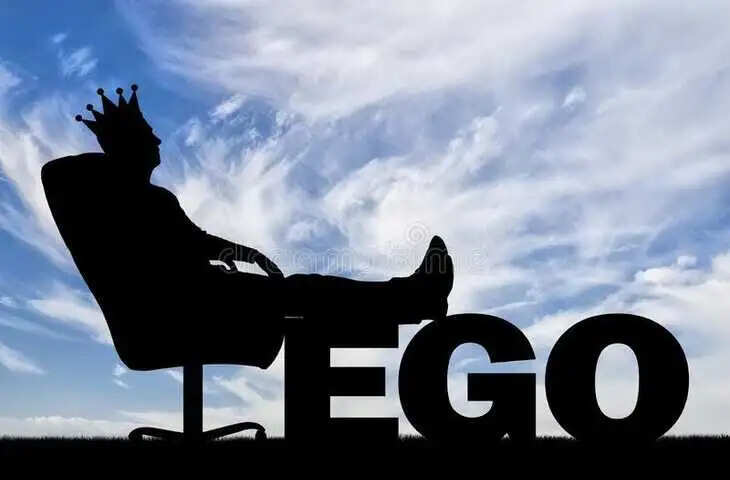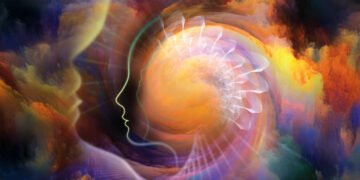The greatest enemy in human life is not an outsider, but an invisible demon hidden inside – Ahmhan. This is an enemy that can neither be cut with a sword, nor can be stopped from any wall. It takes birth from within, grows slowly, and until the person is conscious, swallows his entire personality. It has also been said, “The ego is similar to the terrible enemy, it leaves it by destroying it.” The biggest crisis of the ego is that it removes the person from his real identity. Once it makes a place in the mind, the person forgets who he is and for what purpose. He begins to consider himself higher than others, considers his thoughts paramount, and rejects others’ words and rejects. This is where the process of self-destruction begins.
Historical examples of ego and destruction
History is witness that ego has dropped not only individuals but also the empires. Ravana, who was a very scholar, powerful and Shiva devotee, got perishable due to ego. He ego his strength, intelligence and power and hit Lord Shri Ram. Finally his entire dynasty ended. Similarly, Duryodhana’s ego in Mahabharata took him to destruction. He, regardless of religion, relationship and justice, ended the battle for his important and eventually the entire Kaurava dynasty ended on the land of Kurukshetra.
Ego influence in personal life
Even at the individual level, ego breaks relationships, cracks in friendship and brings loneliness in social life. When a person starts thinking that he knows the most, then he gets away from the learning process. Such a person is unable to tolerate criticism, gets hungry for praise and starts living in self -realization. This situation makes the person hollow from inside. He wants to see everyone under him, the opinion of others seems to be derogatory, and he gradually stops in a shell where no one is a true friend of him.
Ego
In Indian philosophy, ego is considered a branch of ‘Maya’, which is the biggest barrier between the soul and the divine. It is said in the Upanishads that the “ego Brahmasmi” cannot be experienced until the person renounces ‘ego’. In the Bhagavad Gita, Shri Krishna clearly tells Arjuna that do karma but do not ego fruit. Autonomous yoga is to abandon the ego, and the person who is able to do so moves towards enlightenment.
Ego vs self -esteem
Often people think ego and self -esteem the same, while both have a clear difference. Self -emergence means respecting one’s own existence and values, while ego means to consider oneself as superior to others. Self -esteem gives rise to cooperation, peace and balance, while ego promotes conflict, conflict and imbalance.
How to win over ego?
Accept that you do not know everything – humility is the greatest quality. When a person admits that there is no limit to learning, then he stays away from ego.
Perform meditation and self -consciousness – peeping within yourself every time, evaluating your thoughts and behavior, weakens the ego.
Learn to accept criticism – When you accept criticism with an open mind, then you come out of the effect of ego.
Adopt service sentiment – When you serve others, your attention goes away from ‘I’ and goes to ‘we’. This is the beginning of disintegration of ego.
Ego is a slow poison that gradually eliminates the spiritual, social and mental health of the person. It not only destroys our relationships, but also hinders the union of the ultimate goal of the soul. Therefore, if we want true success, peace and love in life, then we will first recognize this ego -like enemy and get rid of it.






